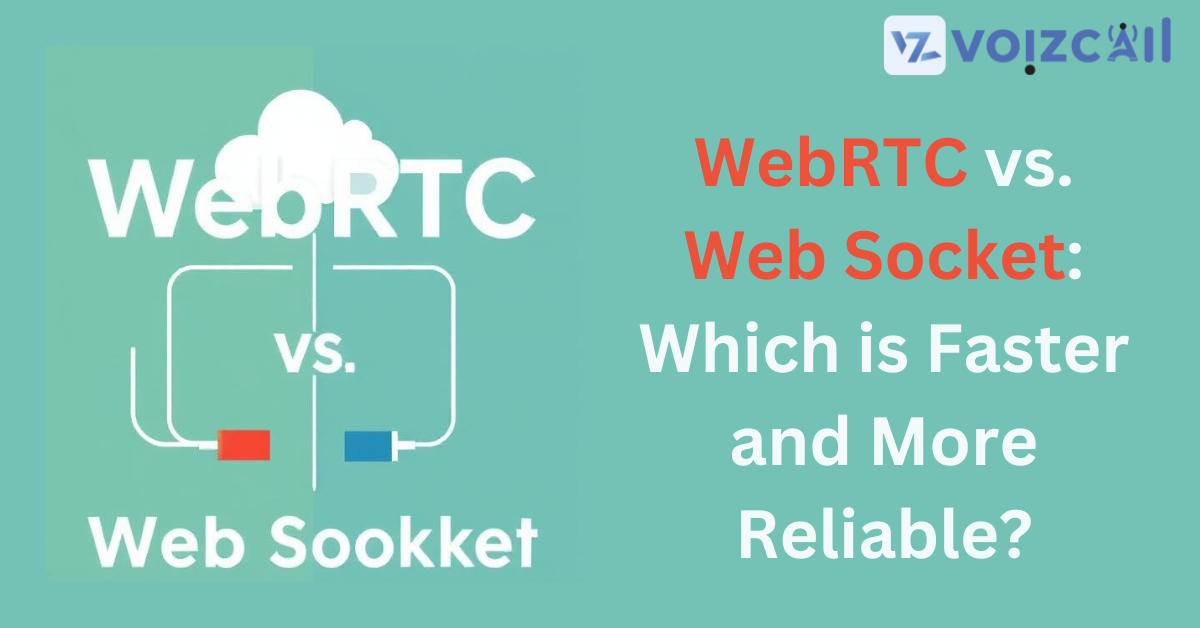A winning team
250+ partnerships for progress.


19/Feb/2025
Hey techies! Ready to settle the debate between WebRTC and WebSocket? Which one will take the crown on speed and reliability during real-time communication? Get your popcorn ready and..
let's do it!
What’s the Scoop on WebRTC and WebSocket?
WebRTC and WebSocket are the superheroes of web communication. WebRTC is built for peer-to-peer communication directly via your browser for video calls, audio streams, and data sharing, while WebSocket is all about maintaining that constant open connection to allow instant data-transfer between your client and servers.
Why WebRTC is a Game-Changer:
Call / Email for Sales Inquiry Today
Real-Time Magic: Perfect for video and audio calls, enabling real-time peer-to-peer communication without the need for additional plug-ins.
High-Quality Media: Built-in codecs and error correction mechanisms offer crystal-clear audios and videos.
A Cross-Platform Tool: It seamlessly goes with all browsers and devices, making it super versatile.
The Perks of Web Socket:
Constant Connection: This is a constant open connection to allow the fast transfer of data like live chats and gaming.
A Lightweight Protocol: This means efficient data exchange; very low overhead means speedy communication.
Two-Way Communication: Should allow switching from any protocol on the fly for pushing out dynamic apps.
The Faceoff: Speed and Reliability
Speed: In speed of media transmission WebRTC fares better with P2P. Here WebSocket is faster for data-heavy applications as it keeps a persistent connection.
Reliability: Both are reliable protocols; however, WebRTC is quite reliable owing to its error correction and bandwidth adaptation for video calls, while WebSocket is more reliable in the case of continuous high-frequency data exchange.
Choosing the Right Tech for You For video or audio calls, I'd strongly suggest you to go with WebRTC, better quality communication!
Live Data Feeds: WebSocket is your best bet for real-time data transfer and dynamic updates.
Hybrid Needs: Use both! Integrate WebRTC for media and WebSocket for data, creating a powerhouse communication system.
In conclusion, both WebRTC and WebSocket have their unique strengths. Your choice depends on your specific needs and use cases. So, whether you're building the next big video chat app or a real-time data dashboard, you've got the right tools at your fingertips.